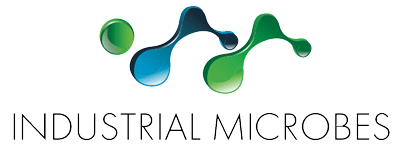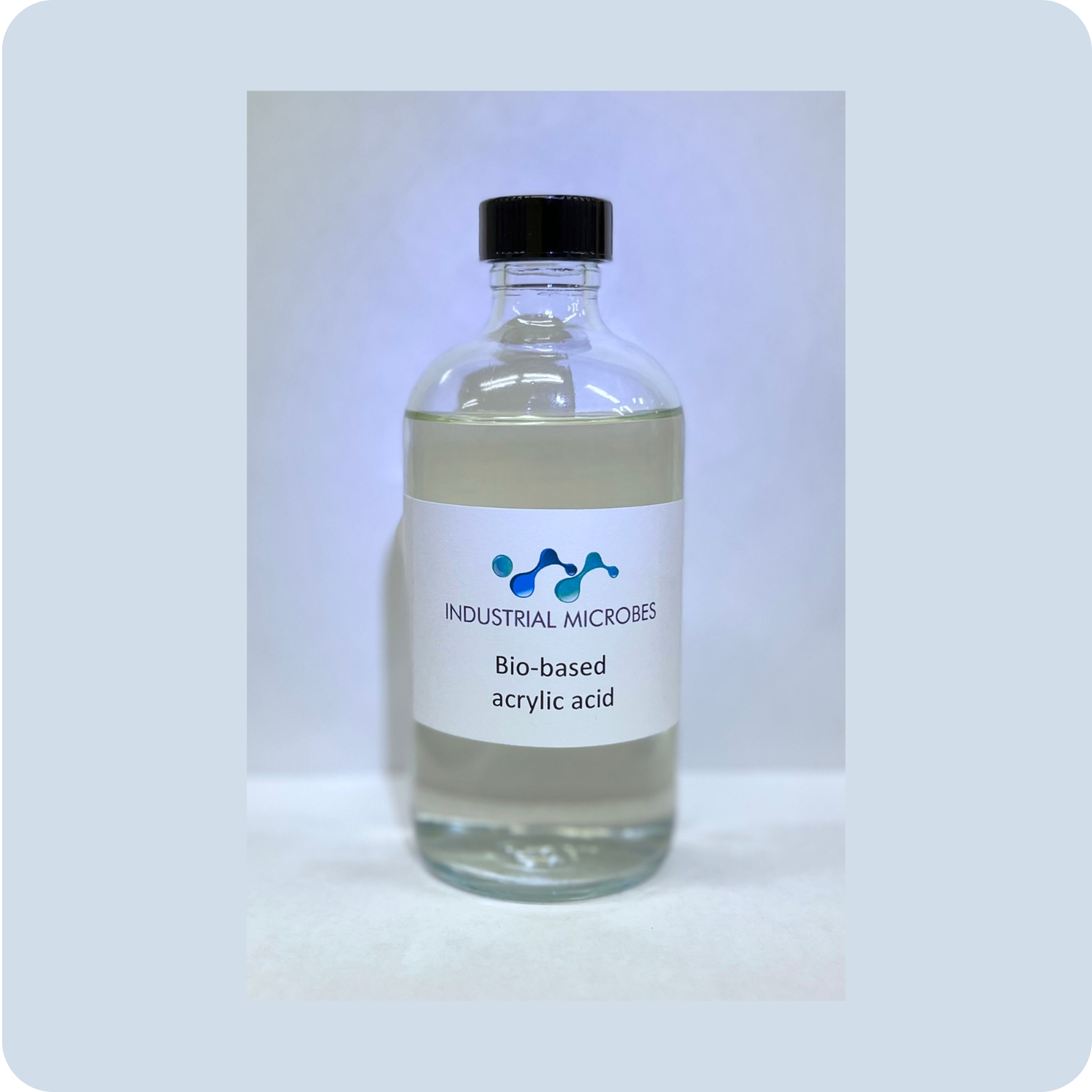
Bio-based acrylic acid:
A competitive advantage in a low-carbon market
The demand for bio-based materials is no longer a niche trend—it is becoming a strategic priority for manufacturers, brands, and supply chains.
Regulatory changes, corporate sustainability commitments, and shifting consumer preferences are accelerating the transition away from fossil-based inputs.
Demand for bio-based materials is rising fast—fueled by consumer expectations, new regulations, and the push for sustainable supply chains
Demand for bio-based materials is rising fast—fueled by consumer expectations, new regulations, and the push for sustainable supply chains. If you're a brand working with packaging, textiles, coatings, cleaning products, or personal care and hygiene, you've likely heard it loud and clear: your customers want greener alternatives.
That is the clear message we have heard over the years working closely with major chemical producers and consumer brands.
For companies that rely on acrylic acid, this shift presents a critical opportunity. By incorporating bio-based acrylic acid into existing formulations, businesses can reduce their environmental impact, enhance supply chain resilience, and align with market demand for sustainable products.
At iMicrobes, we are working with industry leaders to balance fossil-based supply with bio-based alternatives as drop-in, cost-competitive chemicals or help co-develop new high-margin products that meet evolving sustainability goals.
Now available: 100% bio-based acrylic acid samples, exclusively for early access program members.
Why ethanol as a feedstock?
The best alternative to fossil propylene.
Traditional acrylic acid production depends on fossil propylene, exposing manufacturers to price volatility, supply chain disruptions, and increasing regulatory scrutiny. A bio-based alternative mitigates these risks while offering a sustainable, cost-competitive solution.
Bio-based acrylic acid offers a drop-in solution that enables manufacturers to reduce carbon impact without compromising performance.
By integrating it into existing supply chains, companies can gain a competitive edge through:
Lower carbon footprint.
Reduces emissions by 80% or more compared to fossil-based acrylic acid, supporting corporate sustainability initiatives and regulatory compliance.
Market differentiation.
Meets rising demand from brands and consumers for low-carbon materials, strengthening sustainability claims beauty & personal use (cosmetics, diapers, rubber gloves) everyday consumer products (surface cleaners, adhesives, forks, soda bottles) industrial applications (paints, coatings, carbon fiber, plasticizers for PVC, water treatment, paper) or materials & packaging (clothing fibers, bioplastic films).
Stronger supply chain resilience.
Minimizes exposure to petrochemical price volatility and supply disruptions, ensuring a more stable and sustainable feedstock.
Regulatory alignment.
Helps manufacturers comply with evolving environmental policies and Scope 3 emissions targets, positioning them as leaders in low-carbon innovation.
Our approach to bio-based Acrylic Acid
We combine biology and chemistry to create drop-in replacement chemicals from ethanol.
Our biomanufacturing process is scalable, cost-competitive, and designed for seamless integration into today’s chemical supply chains.
At iMicrobes, we use advanced synthetic biology and precision fermentation to convert ethanol into bio-based acrylic acid and other high-value chemicals. Our proprietary microbial strains and bioprocessing technology enable a cost-competitive, scalable alternative to fossil-based production.
By leveraging ethanol as a feedstock, Industrial Microbes enables a scalable, cost-effective transition to bio-based acrylic acid production.
Why iMicrobes?
Your biomanufacturing partner.
Partnering with iMicrobes ensures that ethanol producers stay ahead of shifting market trends while unlocking new revenue streams.
First mover advantage
iMicrobes has a decade of experience in developing and scaling biochemicals, with a highly specialized team skilled in engineering, fermentation, and process optimization.
Ethanol-derived chemicals offer cost-effective, drop-in solutions that seamlessly integrate into existing chemical manufacturing processes for easy, global market adoption
22
Patents
Strong IP & patent protection of our proprietary ethanol-to-chemicals pathway.
Raised $10M in funding, with the latest round led by First Bight Ventures, with participation from Universal Materials Incubator Co. (UMI).
Key milestones
Scaling up for commercial success
iMicrobes has achieved major milestones in scaling ethanol-based biomanufacturing, bringing us closer to full commercialization.
In August 2024, we successfully produced 10 kg+ of polymer per run while scaling fermentation to 1,500L and refining purification processes.
This progress was bolstered by a DoD award to support our first commercial facility and a BioMADE grant to accelerate our second product, sustainable carbon fiber.
By November, our fermentations demonstrated excellent alignment between bench-scale and pilot-scale results, yielding another 10 kg+ of polymer with improved process parameters.
In January 2025, we achieved kg-scale polymer purification, allowing us to begin sharing samples with partners and setting the stage for acrylic acid conversion in Q1 and Q2.
With a 60% cost reduction since early 2024, iMicrobes is rapidly advancing toward cost-competitive, scalable biomanufacturing solutions.
How can we partner?
As bio-based manufacturing reaches cost parity with fossil-based alternatives, early adopters can gain a competitive advantage in both supply security and market positioning.
Companies can engage with us in several ways
Test our samples
Gain early access to bio-based acrylic acid and evaluate its performance in your formulations, coatings, adhesives, and superabsorbent polymers.
Secure early supply
Secure supply early from one of our acrylic acid manufacturing partners – Stay ahead of market shifts and regulatory changes by integrating bio-based acrylic acid into your sourcing strategy.
Co-develop new sustainable products
Work with us to design bio-based alternatives that meet your performance, cost, and sustainability requirements.






